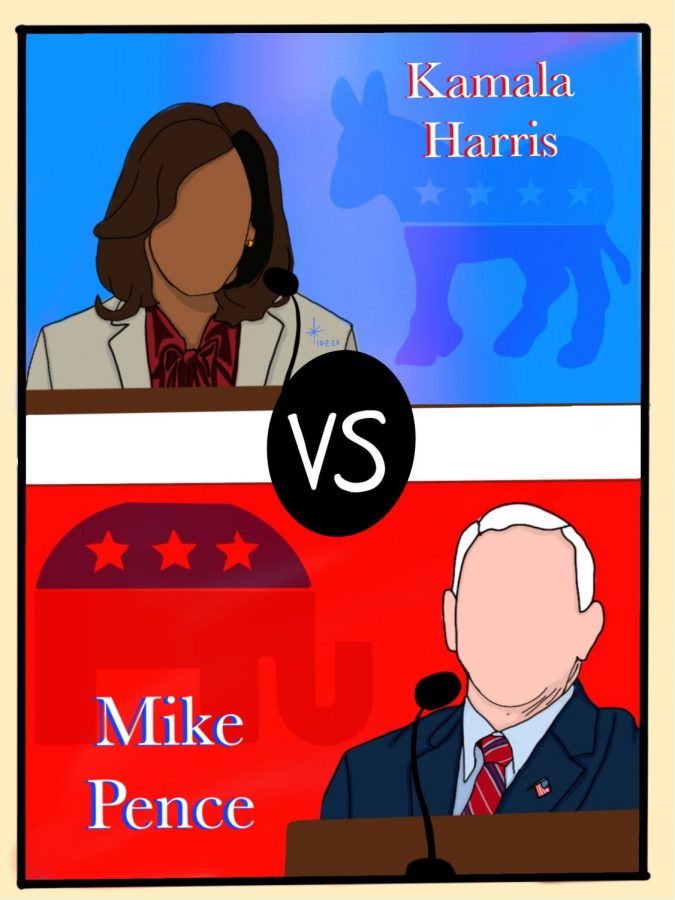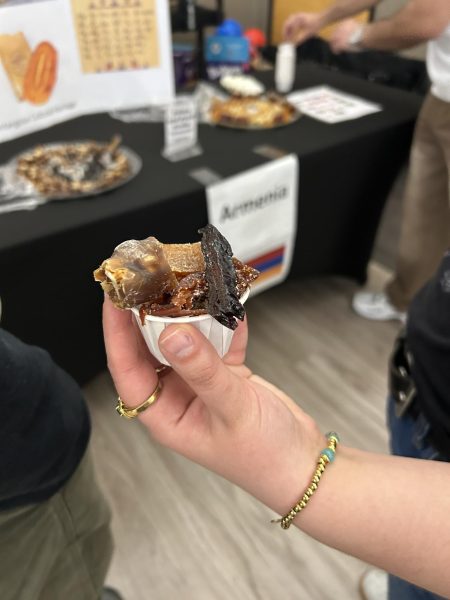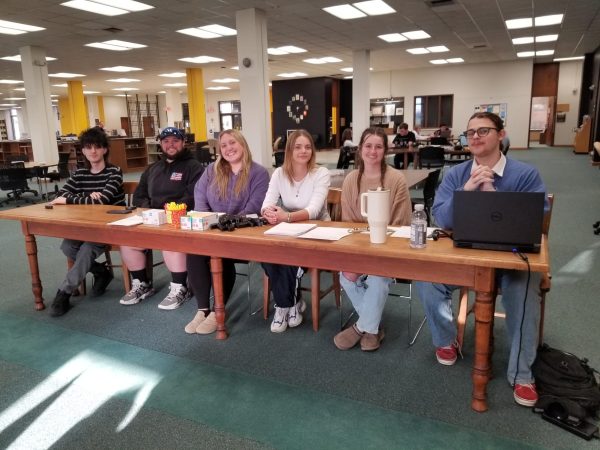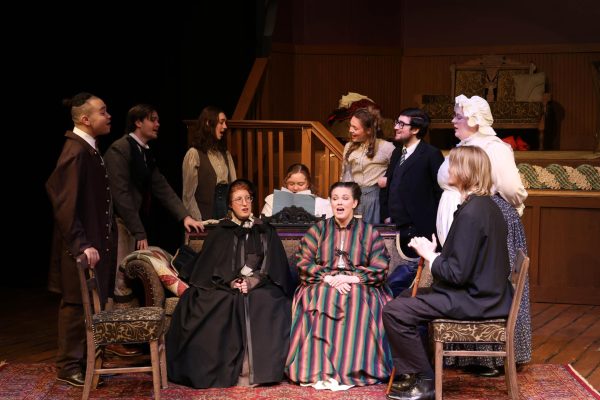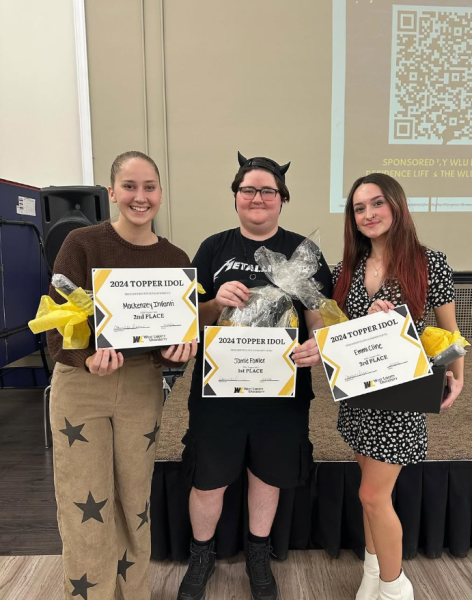Key takeaways from the one and only Vice Presidential Debate between Pence and Harris
Last Wednesday, Sen. Kamala Harris, the Vice Presidential Nominee for the Democrats, took on current Vice President Mike Pence in a debate at the University of Utah. The debate took place in Kingsbury Hall, on the President’s Circle, with social distancing protocols and protective screening in place.
Compared to the previous week’s Presidential debate between Democratic Nominee, Joe Biden, and the current President, Donald Trump, the flow and tone of the debate was significantly more civil and structured. Harris and Pence rarely spoke over one another, and though each ran over their time limit on several occasions, the debate remained relatively focused on the subject matters presented by the moderator, Susan Page. According to the BBC, “Voters on both sides of the political spectrum… were pleased with the relative civility between candidates.”
The debate zoned in on several key issues such as the COVID-19 pandemic, Supreme Court appointments, the age of the Presidential candidates, climate change, systemic racism, taxes, and rather poignantly from an eighth grade student; how do we get along? Both candidates made use of the typical debate tactic of avoiding the root of the question and evading a complete response. Both also made some misleading or inaccurate statements at various points throughout the debate. For a more thorough understanding of what each candidate and their running mate stand for and support in policy, voters are encouraged to check out their campaign platforms and look at non-partisan fact checking services such as the BBC.
With the Coronavirus pandemic still affecting the everyday lives of Americans, the subject unsurprisingly took centre stage with the first few questions focussing in on the response from the current administration and the potential for a vaccine in the current months. Predictably, Harris attacked the Trump Administration’s handling of the pandemic and their lack of action in its early stages, “They knew what was happening and they didn’t tell you,” she said. “They knew, and they covered it up.” She also referred to it as “the greatest failure of any presidential administration.”
Pence responded by noting the early restrictions put on travel from China and followed up by asking Harris to “stop playing politics with people’s lives” after she said she would take a coronavirus vaccination only if it is endorsed by public health experts.
Another key moment of the debate focused on each candidate pairing’s stance on climate change and how to handle it. Harris and Pence disagreed on whether a Green New Deal -which Harris was an original sponsor of – would create or cost more American jobs. Here both sides failed to give a particularly rounded answer in an effort not to lose voters in key swing states.
When the conversation turned to systemic racism and excessive violence in the police, Pence swiftly tried to move the conversation towards condemnation of a few violent protests which broke out over police brutality this year and mentioned his trust in those in law enforcement to serve justice. Harris’ rebuttal came in the form of using her expertise as former San Francisco prosecutor and California attorney general saying, “I will not sit here and be lectured by the vice-president on what it means to enforce the laws of this country,” and made a point of Trump’s failure to properly condemn white supremacy.
Though the debate covered several important matters, the show was stolen by a fly which decided to take rest on Pence’s head for around two minutes. Social media was flooded with images and memes about this guest appearance for hours after the debate ended.
The question of “who won” the debate is in the back of everyone’s minds, however that decision is up to each person, individually. You can influence the outcome of this election by going to vote on polling day or submitting an absentee or mail-in ballot.
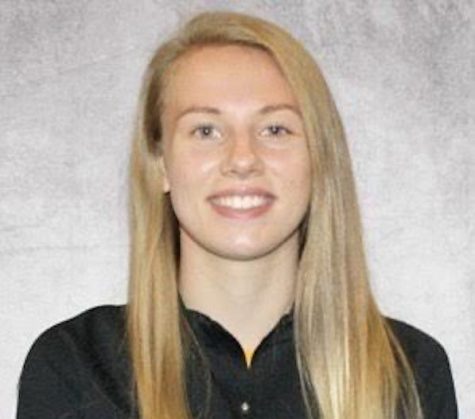
Anna Johnston is a WLU senior from Linlithgow, Scotland. This is Johnston’s fourth year as part of the Trumpet team, having taken on a variety of roles...
Samantha Snyder is currently a senior at West Liberty University. She is majoring in visual communication design as well as minoring in advertising communications....


